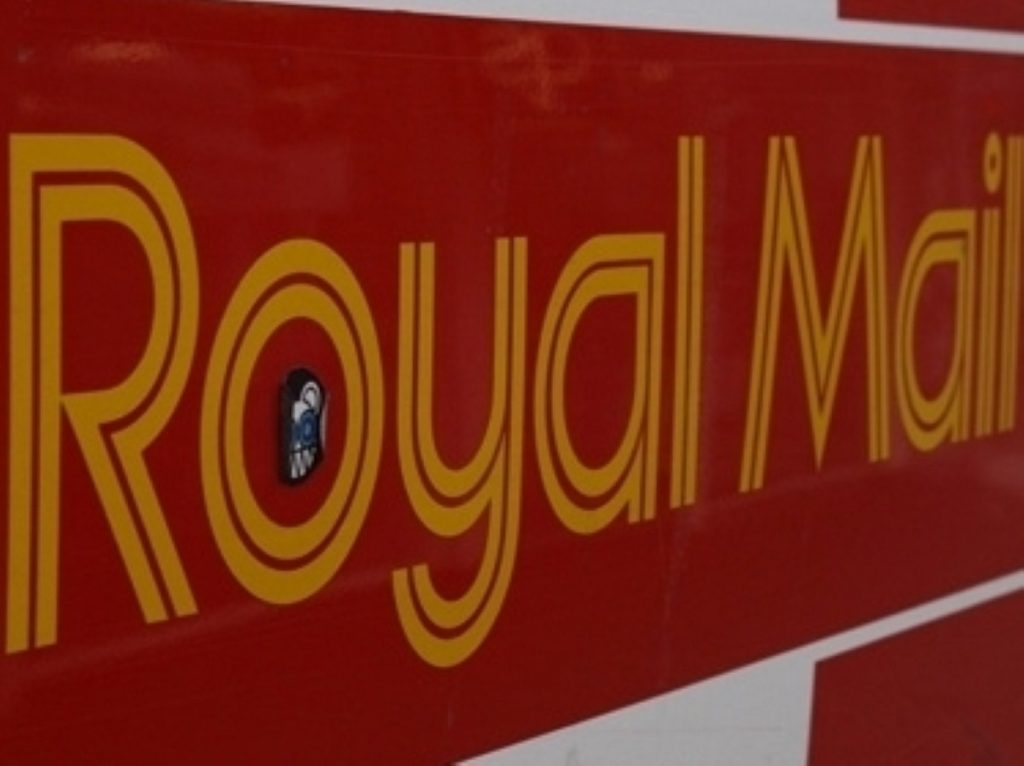Coalition underlines Royal Mail resolve
The government has underlined its determination to part-privatise Royal Mail after being warned the postal market – and Royal Mail’s financial position – are continuing to deteriorate.
Richard Hooper’s update to the December 2008 report which initially recommended bringing private capital to the organisation, published today, said Royal Mail’s £8 billion pension deficit is even more unsustainable than it was 18 months ago.
Mr Hooper argues access to private capital would ensure cash is available to fund modernisation, inject private sector disciplines into the business and reduce the risk of political intervention in commercial decisions.


Business secretary Vince Cable said the government was determined to safeguard Royal Mail for the future in spite of “falling mail volumes, low investment, not enough efficiency and a dire pension position”.
“We will come forward with new legislation in the autumn. It will draw heavily on Hooper’s analysis and recommendations and the government’s wider objectives, including the need for employees to have a real stake in the future of the business.”
The postal services bill will implement the coalition agreement’s pledge to “ensure an injection of private capital” into Royal Mail.
Dr Cable’s predecessor at the Department for Business, Innovation and Skills, Labour’s Peter Mandelson, had supported a part-privatisation. Huge trade union opposition forced him to abandon the scheme.
The coalition, already facing a massive union backlash over the spending cuts contained in the comprehensive spending review, is unlikely to repeat the U-turn.
“If all the recommendations in my updated report are implemented without further delay, and Royal Mail modernises to best in class with management, workforce and unions working together, then despite the very real market difficulties the company has a healthy future,” Mr Hooper commented.
“Building on its unique ability to visit 28 million addresses on a daily basis, it can aspire to be the delivery company of choice for a wide range of physical mail from letters to parcels.”
The coalition will keep the Post Office in public ownership. It argues the network must be safeguarded “due to its hugely important social and economic role in communities throughout the UK”.

